Pope Francis is jumping into the Mideast peace mess
Getty Images

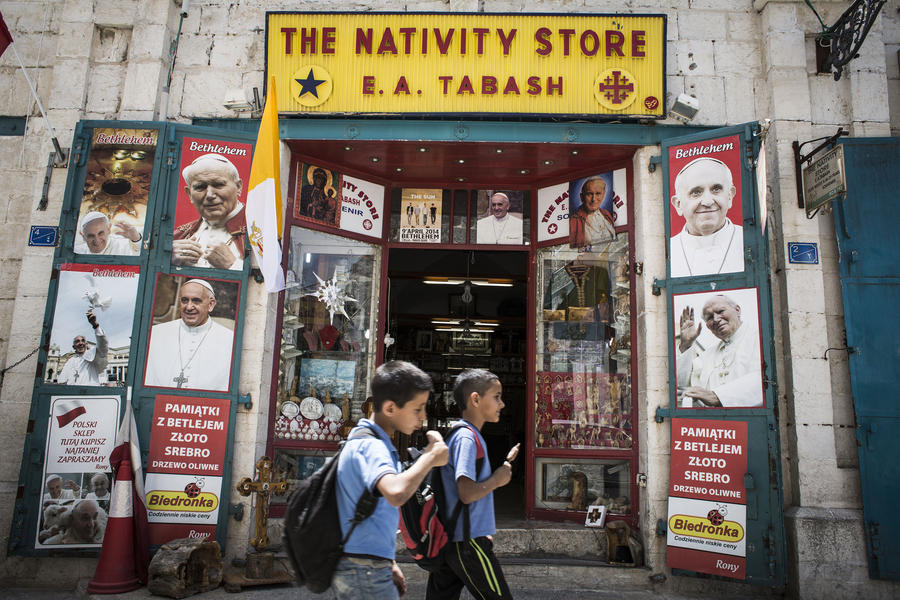
A free daily email with the biggest news stories of the day – and the best features from TheWeek.com
You are now subscribed
Your newsletter sign-up was successful
Pope Francis is helicoptering into the smoldering ashes of the Mideast peace process this weekend — almost literally: The pontiff will fly by helicopter directly from Jordan into Bethlehem, in what the Vatican is calling the State of Palestine. Bypassing the traditional route to the West Bank, through Israel, and suggesting that the Palestinian-controlled territory is (or should be, stat) a sovereign state is only the beginning of the political minefield Pope Francis is walking.
When world leaders travel to Israel-Palestine, everything becomes inherently symbolic and political, and they can either tread lightly or carry a big stick. The pope is stomping heavily on both sides in hopes of balancing everything out. If he's angering some Israelis by signaling strong support for a Palestinian state, performing mass on Mount Zion, and meeting with Palestinian refugees, he's riling up Palestinians by laying a wreath on the grave of Theodor Herzl, the founder of Zionism.
Vatican spokesman Fr. Federico Lombardi says the pope's choices are dictated by schedule and United Nations terminology, adding that the three-day sojourn is "purely a religious trip," The New York Times reports. "He will try to balance," adds Argentine Rabbi Abraham Skoka, a friend of Pope Francis who will be traveling with him to the Holy Land. "Total balance, this is what he is." The problem is that balance requires a center, and the lack of a mutually agreeable middle ground is the main impediment to Mideast peace. Just ask John Kerry or the score of diplomats who preceded him.
The Week
Escape your echo chamber. Get the facts behind the news, plus analysis from multiple perspectives.

Sign up for The Week's Free Newsletters
From our morning news briefing to a weekly Good News Newsletter, get the best of The Week delivered directly to your inbox.
From our morning news briefing to a weekly Good News Newsletter, get the best of The Week delivered directly to your inbox.
A free daily email with the biggest news stories of the day – and the best features from TheWeek.com
Peter has worked as a news and culture writer and editor at The Week since the site's launch in 2008. He covers politics, world affairs, religion and cultural currents. His journalism career began as a copy editor at a financial newswire and has included editorial positions at The New York Times Magazine, Facts on File, and Oregon State University.
-
 Political cartoons for February 16
Political cartoons for February 16Cartoons Monday’s political cartoons include President's Day, a valentine from the Epstein files, and more
-
 Regent Hong Kong: a tranquil haven with a prime waterfront spot
Regent Hong Kong: a tranquil haven with a prime waterfront spotThe Week Recommends The trendy hotel recently underwent an extensive two-year revamp
-
 The problem with diagnosing profound autism
The problem with diagnosing profound autismThe Explainer Experts are reconsidering the idea of autism as a spectrum, which could impact diagnoses and policy making for the condition
-
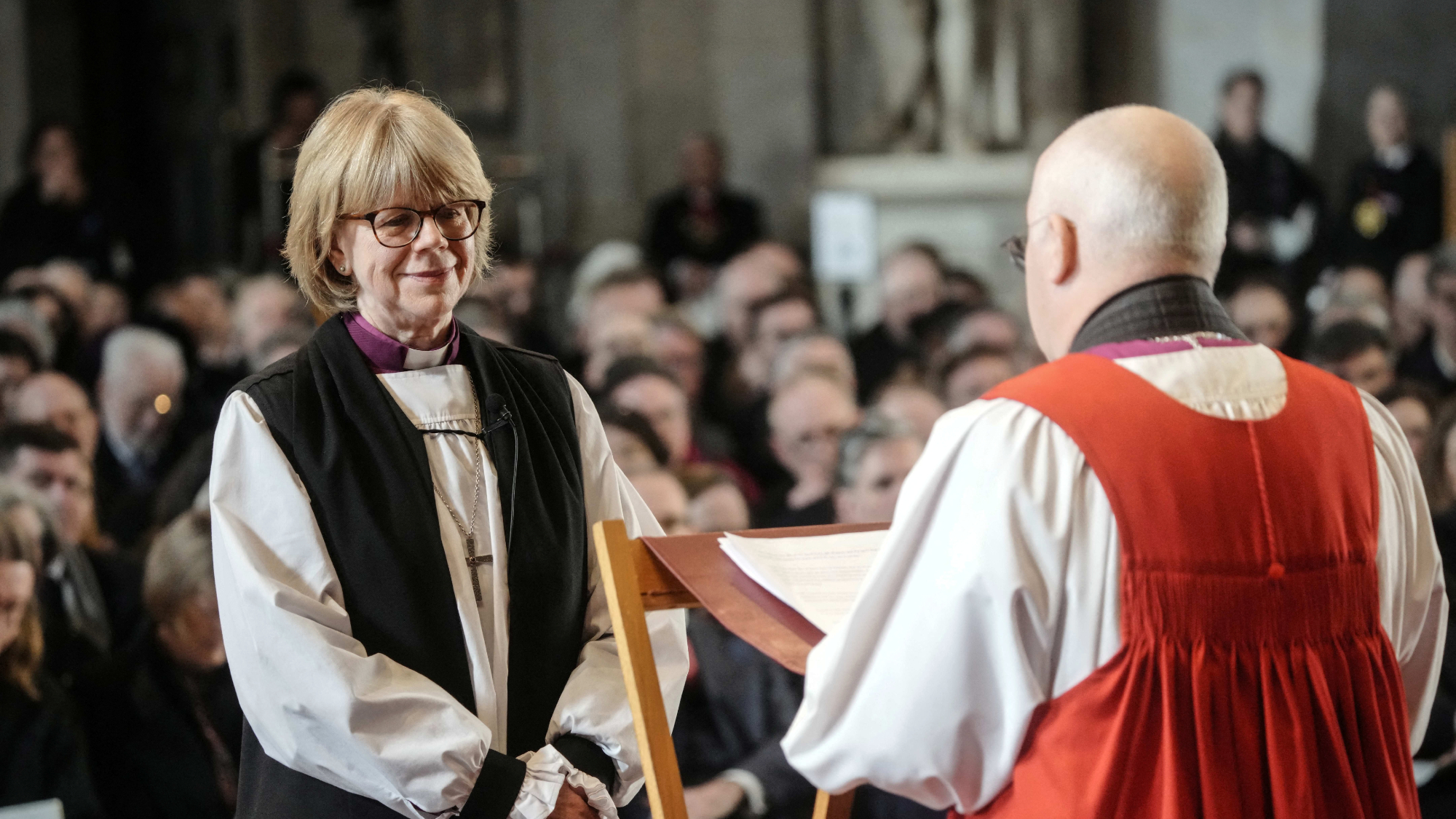 Church of England instates first woman leader
Church of England instates first woman leaderSpeed Read Sarah Mullally became the 106th Archbishop of Canterbury
-
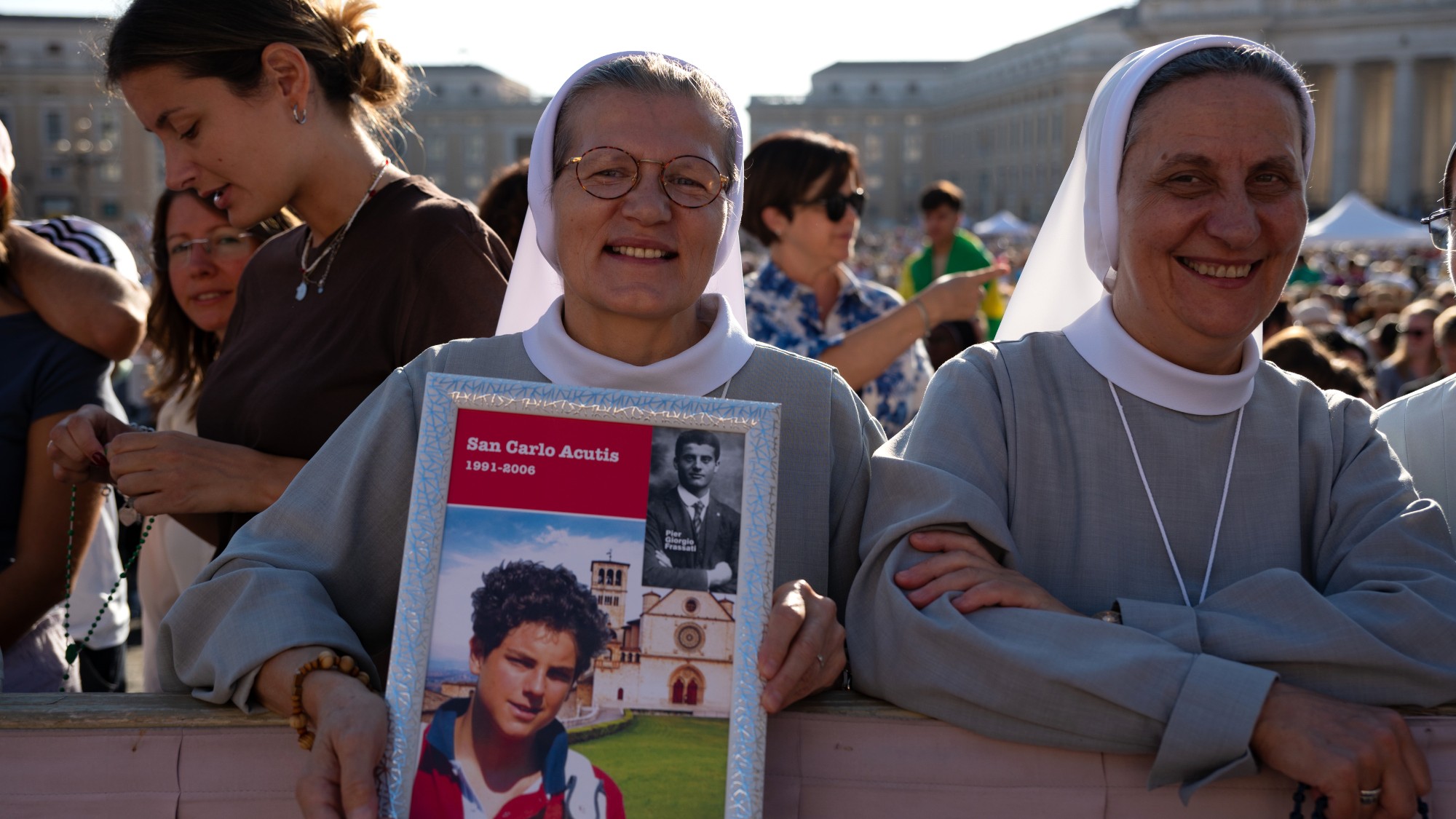 Pope Leo canonizes first millennial saint
Pope Leo canonizes first millennial saintSpeed Read Two young Italians, Carlo Acutis and Pier Giorgio Frassati, were elevated to sainthood
-
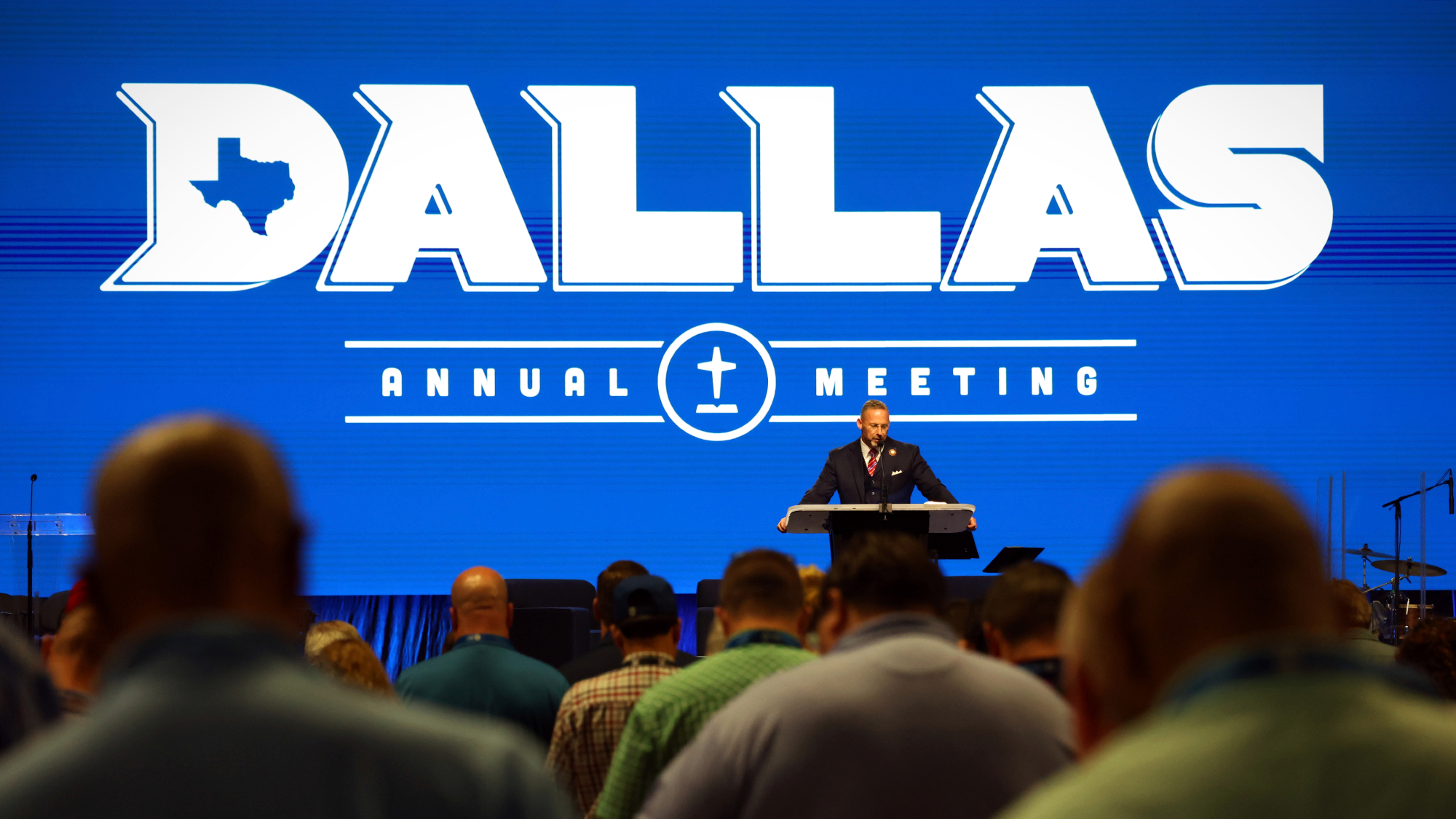 Southern Baptists endorse gay marriage ban
Southern Baptists endorse gay marriage banSpeed Read The largest US Protestant denomination voted to ban same-sex marriage and pornography at their national meeting
-
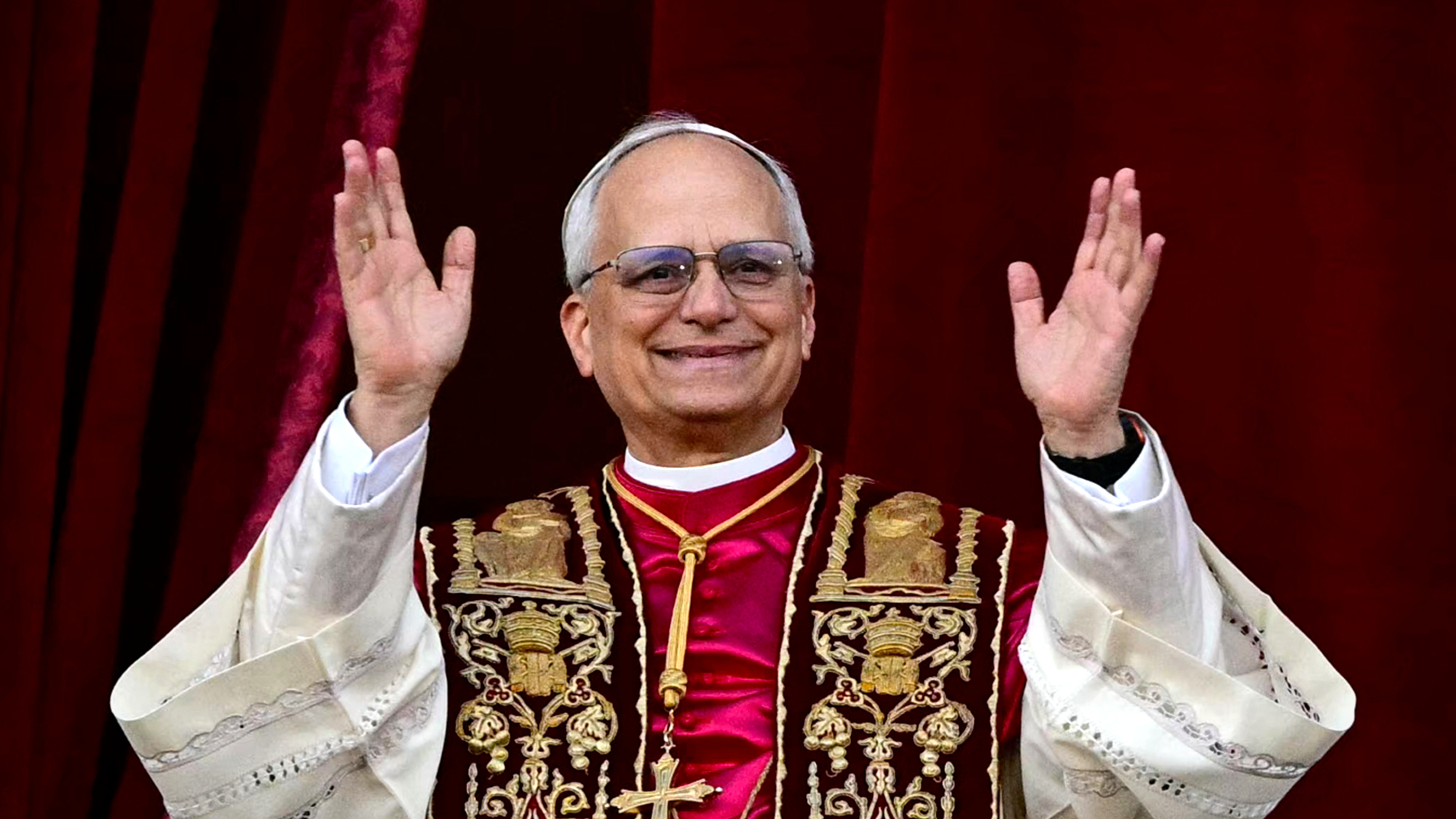 Prevost elected first US pope, becomes Leo XIV
Prevost elected first US pope, becomes Leo XIVspeed read Cardinal Robert Francis Prevost is a Chicago native who spent decades living in Peru
-
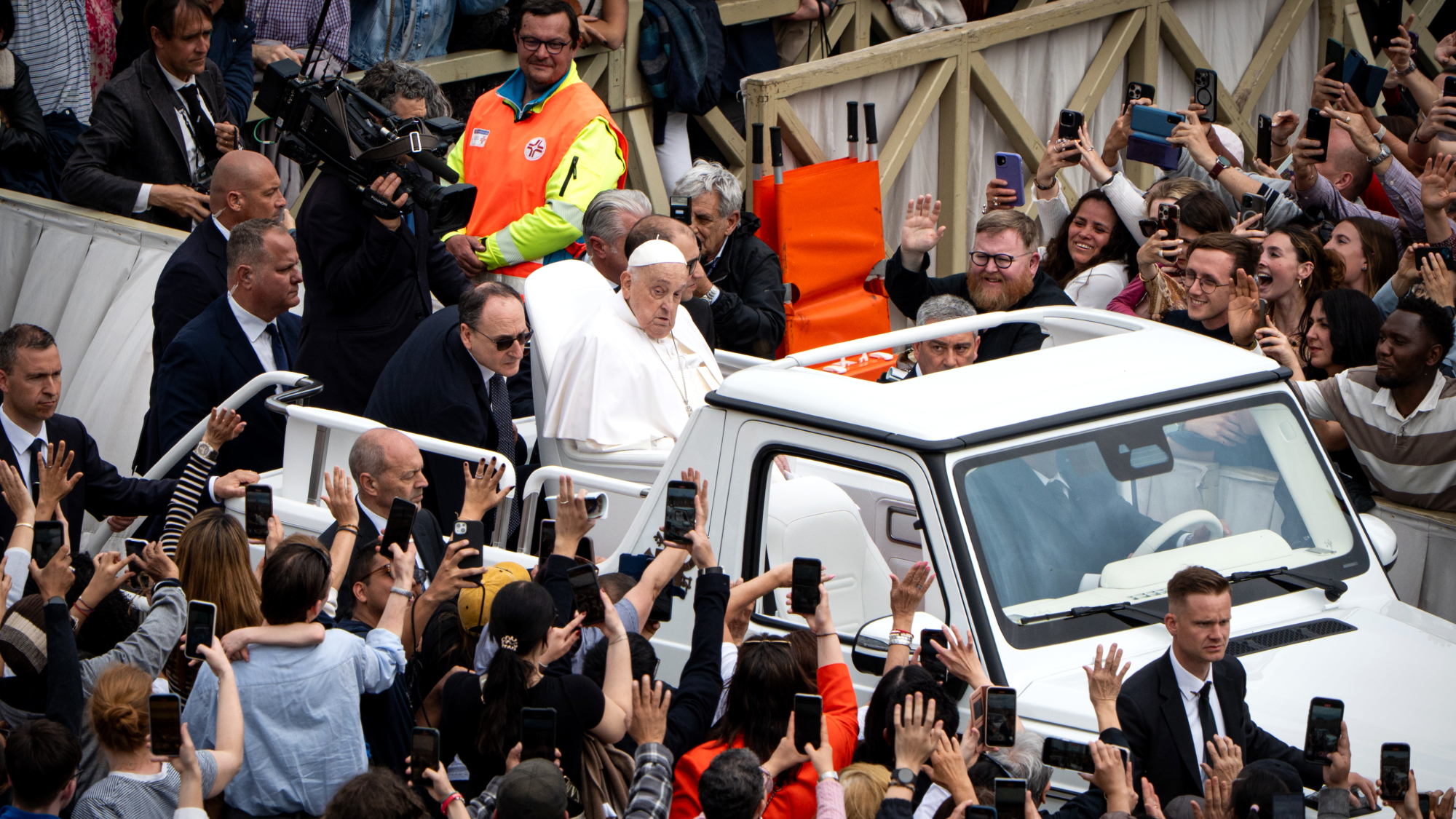 Pope Francis dies at 88
Pope Francis dies at 88Speed Read 'How much contempt is stirred up at times toward the vulnerable, the marginalized and migrants,' Pope Francis wrote in his final living message
-
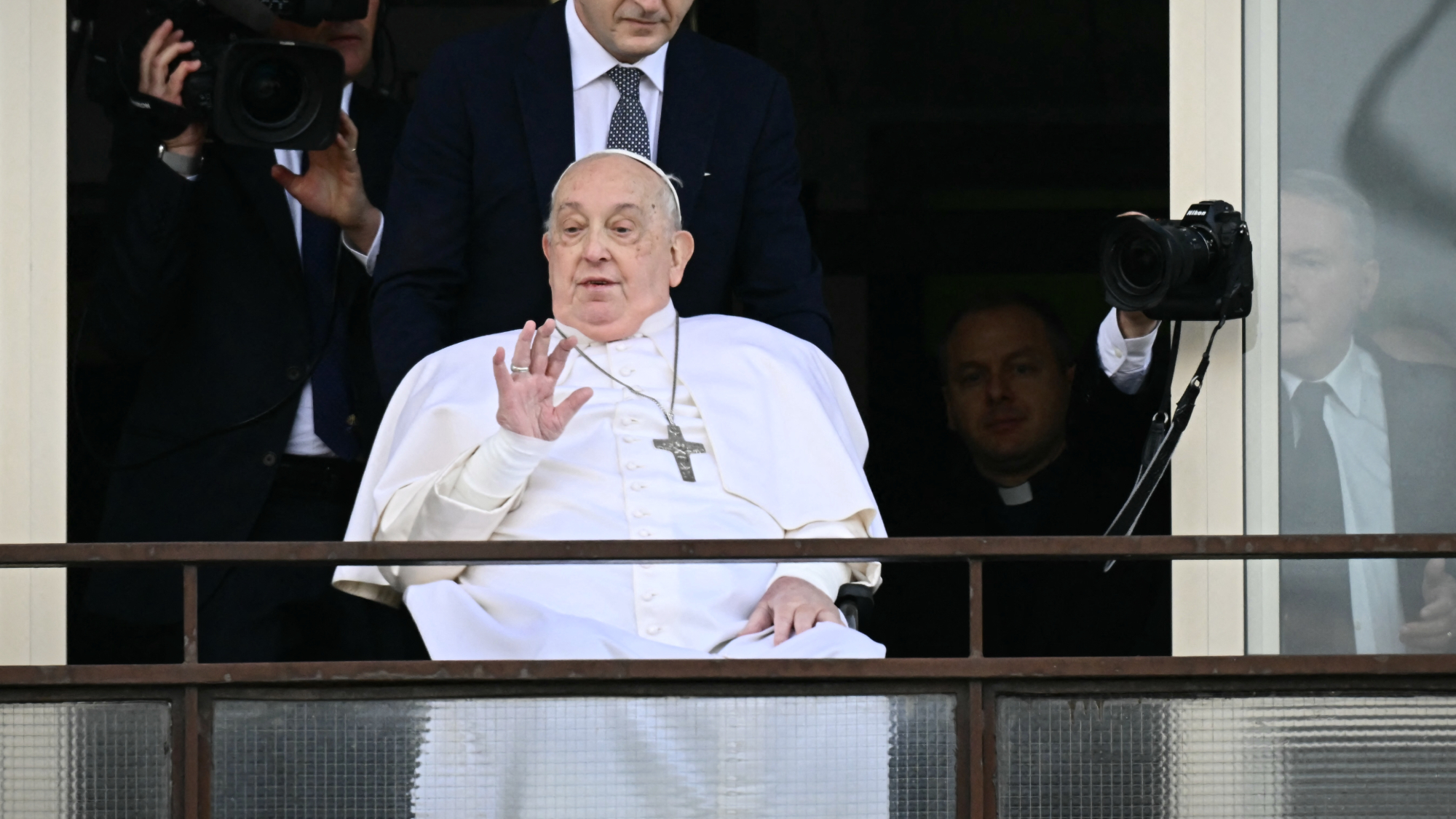 Pope returns to Vatican after long hospital stay
Pope returns to Vatican after long hospital staySpeed Read Pope Francis entered the hospital on Feb. 14 and battled double pneumonia
-
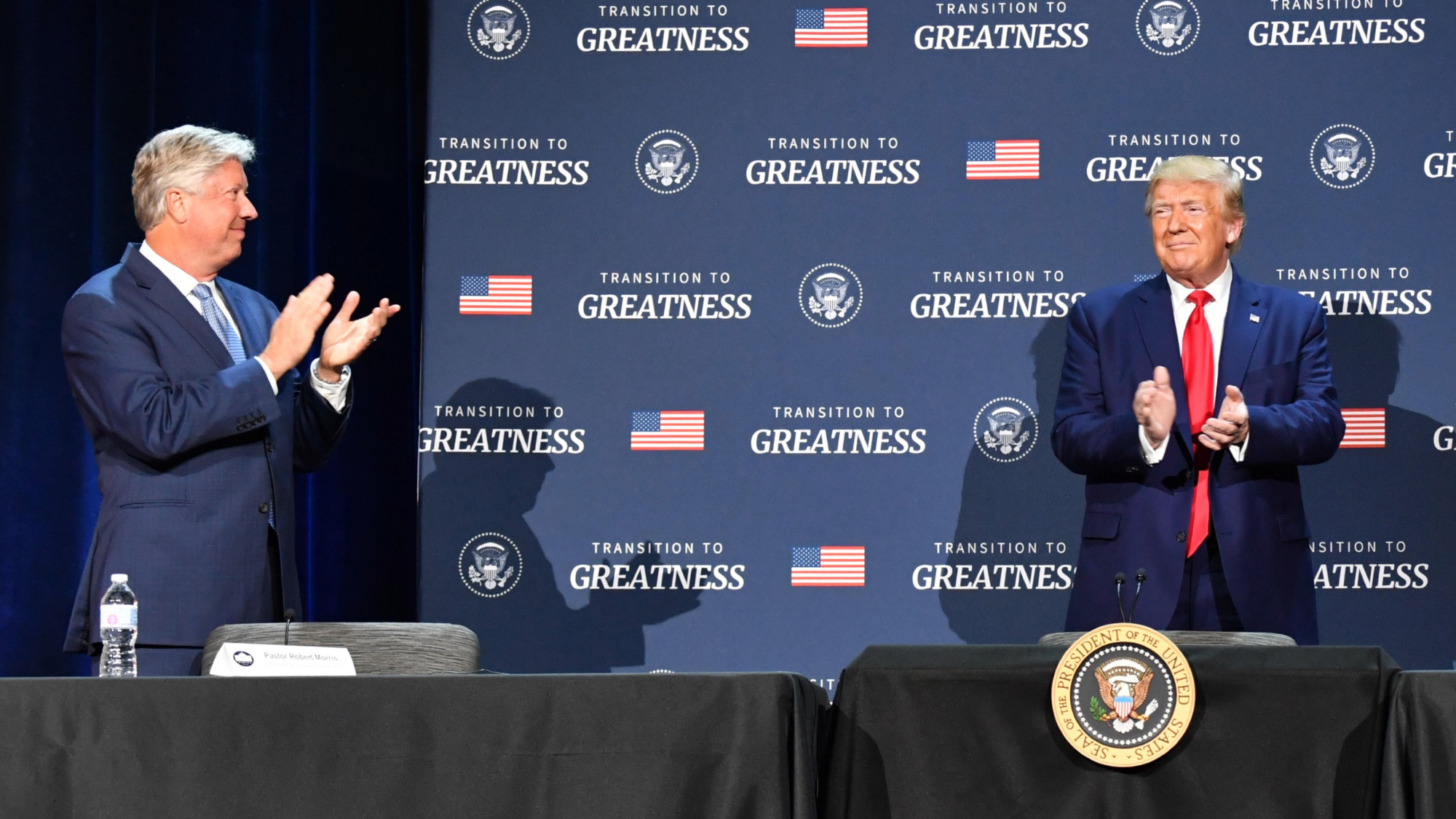 Texas megachurch founder charged with sex crimes
Texas megachurch founder charged with sex crimesSpeed Read Robert Morris, former spiritual adviser to President Donald Trump, is accused of sexually abusing a child
-
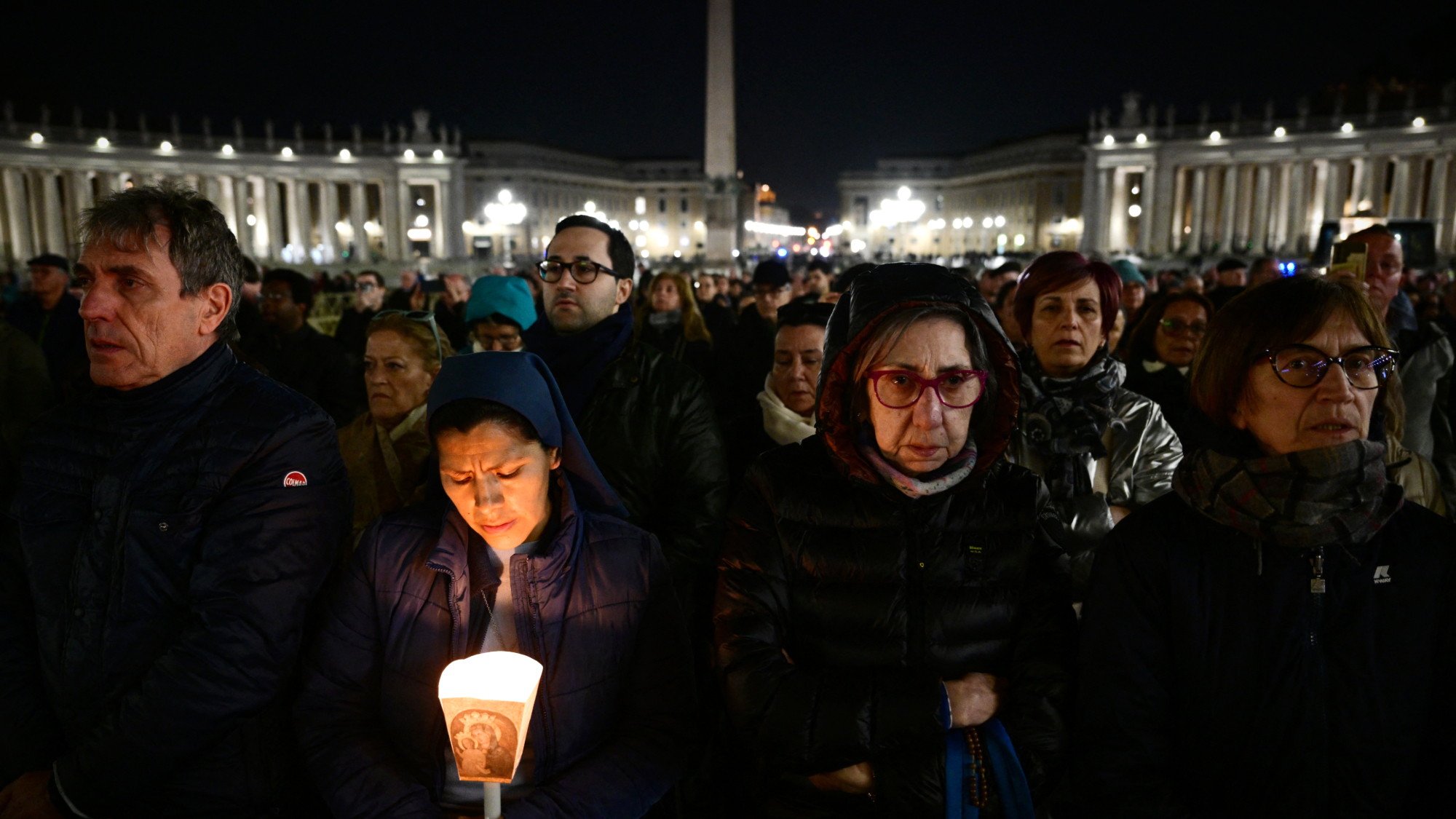 Pope Francis suffers setback with respiratory episodes
Pope Francis suffers setback with respiratory episodesSpeed Read The 88-year-old pope continues to battle pneumonia
